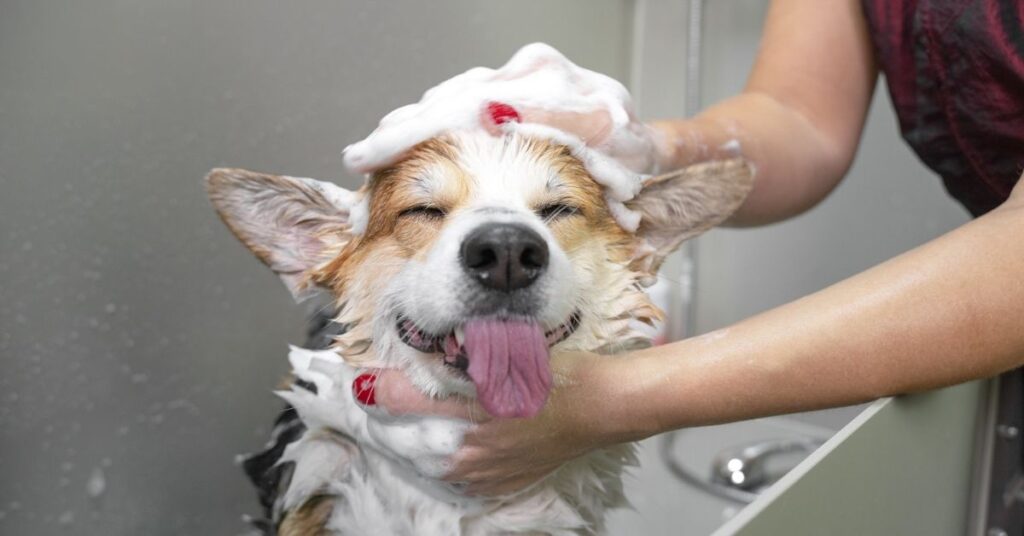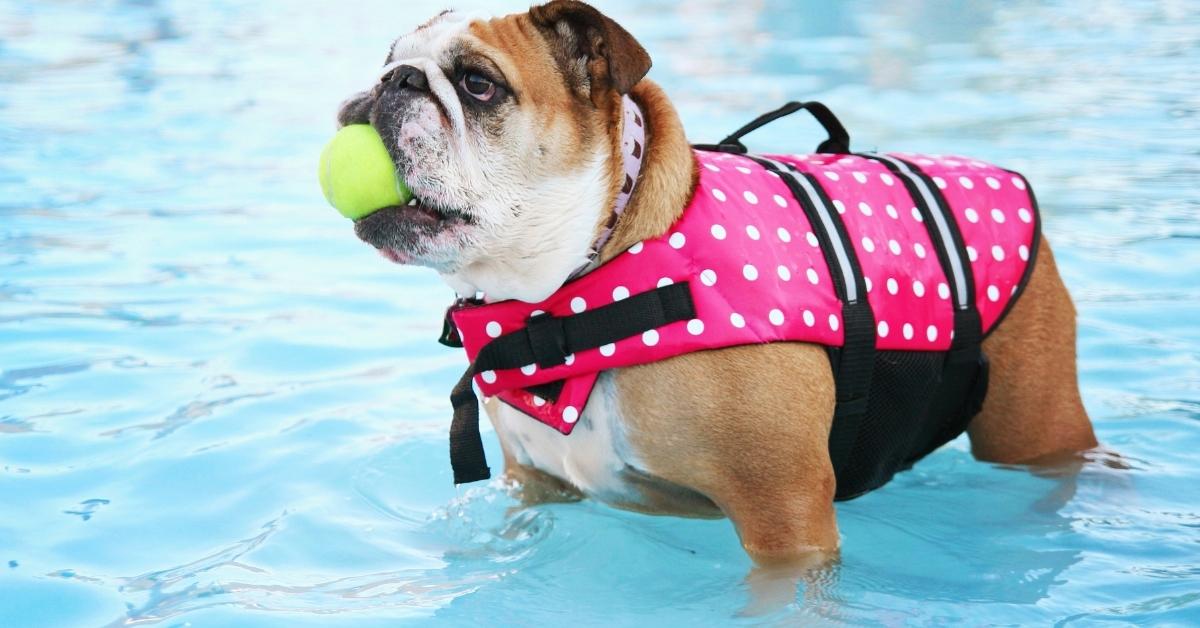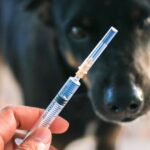Now Reading: Best Cat Supplements: The Simple Guide Every Cat Parent in the US Needs
- 01
Best Cat Supplements: The Simple Guide Every Cat Parent in the US Needs
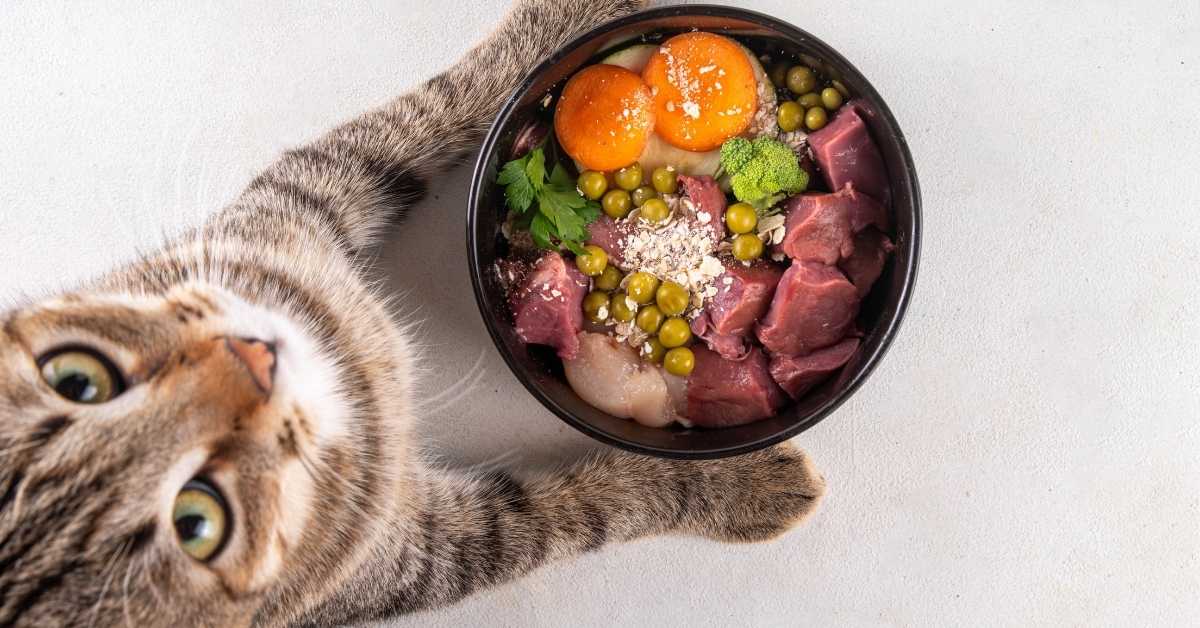
Best Cat Supplements: The Simple Guide Every Cat Parent in the US Needs
Let me talk to you like you’re sitting right here with your cat curled up next to you.
You want your furball healthy, happy, energetic — and honestly, you’re tired of confusing advice online. Half the internet says “give supplements,” the other half says “don’t you dare.” So let’s clear the air and break down the best cat supplements in a way that actually makes sense.
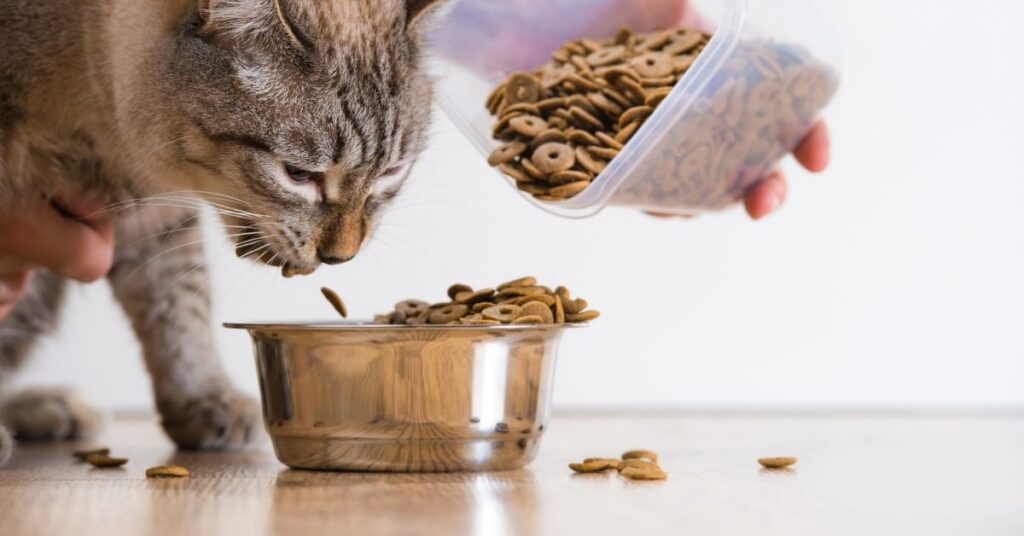
Whether you’ve got a picky eater, a sleepy indoor fluff, a high-energy kitten, or an older cat who needs joint support — you’ll know exactly what to choose by the end of this guide.
Why Supplements Matter More Than We Think
Cats are great at pretending everything is fine… until it isn’t. They hide pain, discomfort, stomach issues, and even nutrient deficiencies. That’s where the best cat supplements come in — they fill the gaps even high-quality food can miss.
Supplements are NOT medicines.
They’re support — like giving your cat a boost where nature or diet falls short.
Do Cats Even Need Supplements? Let’s Keep It Real
Not every cat needs everything. But certain signs mean your cat might benefit:
- Dull coat
- Excess shedding
- Low energy
- Joint stiffness
- Tummy issues
- Picky eating
- Indoor lifestyle
Indoor cats especially miss out on natural nutrients found in outdoor behavior (hunting, sunlight exposure, roughage). That’s why many vets in the US recommend specific nutrients depending on age, health, and diet.
And this is exactly where the best cat supplements help — giving balanced support with zero guesswork.
The Best Cat Supplements (US-Based & Vet-Trusted)
Below are supplements easily available across the US — Amazon, Chewy, Petco, PetSmart.
1. Omega-3 Fish Oil (For Skin, Brain & Joints)
If you want the best cat supplements, Omega-3 is always in the top list.
Benefits:
- Shinier coat
- Less shedding
- Fewer hairballs
- Joint support
- Brain + eye development in kittens
Trusted US Brands:
- Nordic Naturals
- Zesty Paws
- Vetoquinol Triglyceride Omega-3
A few drops in food and you’ll literally see the shine coming back.
2. Probiotics (For Gut Health & Immunity)
If your cat has gas, loose stools, or sensitivities, probiotics are a lifesaver.
Benefits:
- Healthy digestion
- Strong immune system
- Less vomiting
- Better nutrient absorption
Must Read: Pet Insurance Secrets: Smart Tips for Picking Pet Insurance That Fits
Trusted US Brands:
- Purina FortiFlora
- Nutramax Proviable
- Fera Pet Organics
One daily sprinkle… and the tummy drama settles down.
3. Joint Support (Especially for Indoor & Senior Cats)
Aging cats slow down quietly. Joint supplements keep movement smooth.
Trusted US Brands:
- Cosequin for Cats
- Dasuquin Advanced
- GlycoFlex Stage 2
These contain glucosamine, MSM, chondroitin — the building blocks of healthy joints.
4. Multivitamins (Overall Support)
This is for cats who eat less or are picky.
Trusted US Brands:
- VetriScience NuCat
- PetHonesty Multivitamin
Think of these as gentle, everyday boosters.
5. Hairball Support (If You’re Tired of Stepping Into Surprise Pukes)
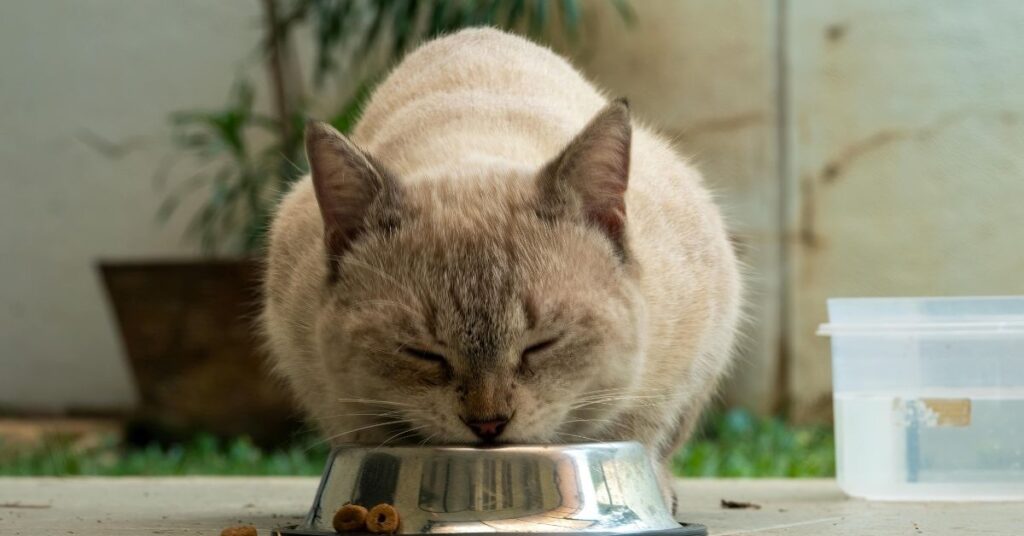
Indoor cats groom more → hairballs become frequent.
Trusted US Brands:
- Tomlyn Laxatone
- Greenies Hairball Control Treats
Lubricants + fiber = fewer hairballs.
“What Foods Can Cats Eat?” — Let’s Clear That Up
Cats can safely eat cooked chicken, turkey, plain fish, pumpkin puree, boiled eggs, blueberries, and small pieces of cheese — as long as it’s plain and unseasoned. Treat human foods as occasional extras, not meals.
What About the Best Wet Food for Cats?
Look for wet foods with high meat content, no fillers, and minimal carbs. Brands like Wellness, Tiki Cat, and Weruva often rank well among US vets.
Best Cat Food for Indoor Cats — What Actually Works?
Indoor formulas support digestion, lower calories, and hairball control. Look for high-protein, low-carb recipes made for indoor lifestyles.
Vet-Recommended Cat Food — What Do They Suggest?
Most US vets recommend brands backed by research: Royal Canin, Hill’s Science Diet, and Purina Pro Plan.
Best Cat Food for Kittens (Yes, Kittens Need Extra Support)
Kittens need DHA, high protein, and healthy fats. Royal Canin Kitten, Purina Pro Plan Kitten, and Wellness CORE Kitten are strong options.
How Supplements Fit Into Daily Feeding
Add supplements slowly. Start with small amounts, mix well, and watch how your cat responds.
A great routine looks like:
- Morning: probiotic
- Evening: fish oil
- Weekly: joint support (depending on age)
- Daily: wet food + fresh water
This gentle approach helps the best cat supplements work naturally with no stress.
How to Know If a Supplement Is Safe?
Quick checklist:
✔ Made in the USA
✔ Vet-formulated
✔ Transparent label
✔ No artificial dyes
✔ NASC-certified (bonus)
Keep it simple — if you can’t pronounce the ingredients, skip it.
Your Cat Deserves the Best
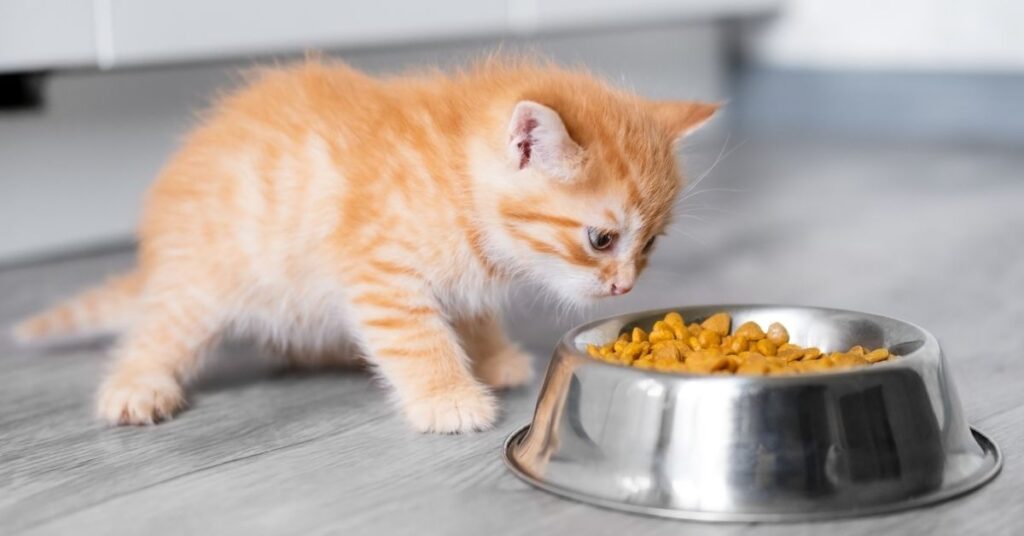
Being a cat parent in the US means navigating endless choices. But once you understand what your cat actually needs, choosing the best cat supplements becomes easy.
You know your cat better than anyone.
A little support, the right nutrients, and the right food can make a huge difference.
And trust me — your cat feels it too.
FAQs
Indoor cats often benefit from omega-3, probiotics, and joint support because they miss out on natural outdoor activities.
Yes — but choose kitten-specific formulas like DHA or probiotics and always follow dosing guidelines.
Most take 2–6 weeks depending on what they’re for. Omega-3 shows coat improvements quickly.
Yes, if they serve different purposes (like omega-3 + probiotics). Just introduce them slowly.

